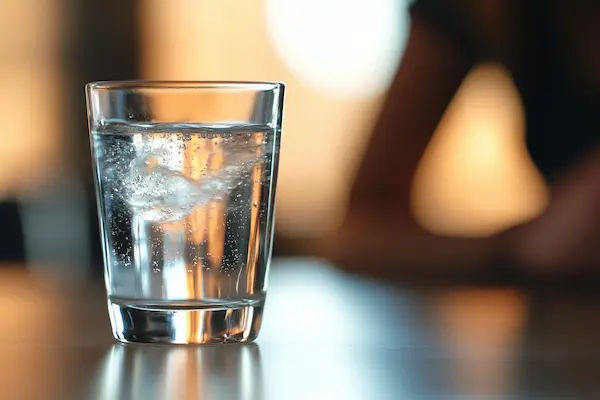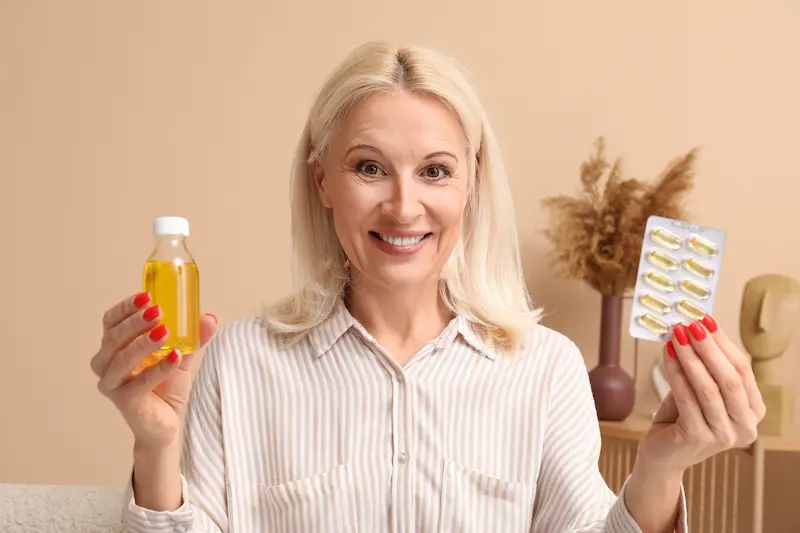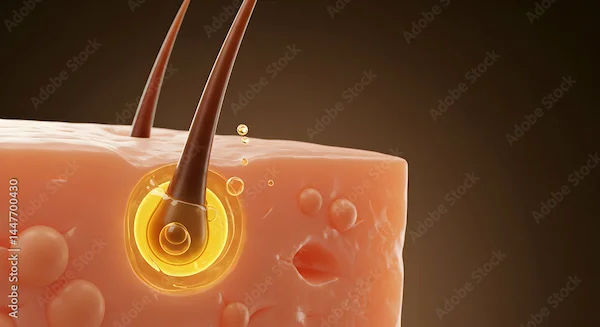- female
- 30 Years
- 31/03/2021
Does plucking chin hair make it grow more?
Answered by 1 Apollo Doctors
Plucking chin hair is the most easiest and inexpensive way of hair removal but it may sometimes cause more regrowth, hair thickness and skin damage. Laser removal is the best and permanent solution but it also depends on your skin type. So it is suggestable to consult with a doctor and get treated accordingly.
Dr. Shubham Suggests...
Consult a Dermatologist
Answered 04/07/2025
0
0


Ask Apollo
AI powered Health Chatbot
Plucking chin hair does not make it grow back thicker or more numerous. Here's what you should know:
-
Hair Growth Basics:
Hair growth is determined by genetics and hormones, not by plucking. -
Plucking Effects:
a. When you pluck a hair, it is removed from the root, so it takes time to grow back.
b. The new hair may feel coarser initially because it has a blunt tip, but it is not actually thicker. -
Repeated Plucking:
Frequent plucking over time can sometimes damage hair follicles, potentially leading to less hair growth in that area. -
Hormonal Factors:
For adult women, chin hair can sometimes be influenced by hormonal changes. If you notice increased hair growth, it might be worth discussing with a healthcare provider. -
Safe Hair Removal:
If chin hair bothers you, options include plucking, waxing, threading, or laser hair removal. Each has pros and cons.
If you have concerns about hair growth or changes, consulting a dermatologist or endocrinologist can provide personalized advice and treatment options.
Recommended next steps
Consult a Dermatologist or Consult a Endocrinologist
Answered 20/08/2025
0
0
More Dermatology Health Queries
View allI'm dealing with a fungal infection on my skin and I've been using terbicip cream. It's helping a bit, but it doesn't seem to be working as well as I hoped. What else can I do? Is there a reason it might not be fully effective?
That could be due to fungal infection usually,visit your dermatologist for evaluating any active infection and appropriate management,you can use intimate moisturizer.
Answered by 1 Apollo Doctors
I've been dealing with pimples on my face and dandruff on my scalp, so I started using this Konaz CT shampoo, which is a ketoconazole shampoo, twice a week. I'm a bit worriedif the shampoo accidentally gets on my face, could it actually cause more acne? Would love to know what you think.
Dandruff is a fungal infection which needs topical and oral antifungal medications,above this your hygiene care is very important,visit Dermatologist for appropriate treatment and guidance.
Answered by 1 Apollo Doctors
I've been using Memopi HC for around 6 years, and it's helped improve my complexion quite a bit. But when I stop using it, my whole face turns red. I'm worried and curious to find out if there's anything else I can try, maybe something more natural, to help with my complexion? What could be causing this redness, and how can I manage it?
Kozicare cream is advised.Side-effects include itching and hypersensitivity reactions
Answered by 1 Apollo Doctors
Disclaimer: Answers on Apollo 247 are not intended to replace your doctor advice. Always seek help of a professional doctor in case of an medical emergency or ailment.





